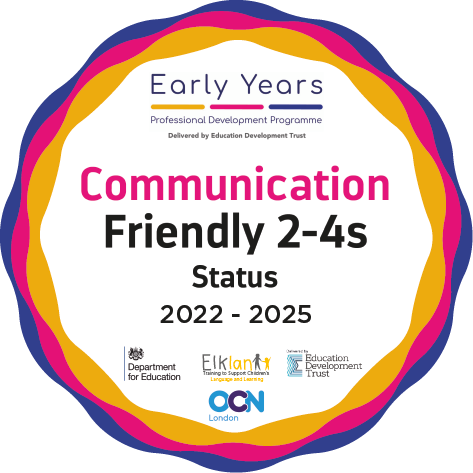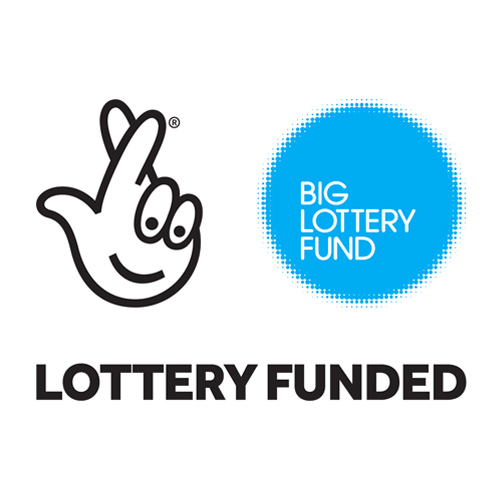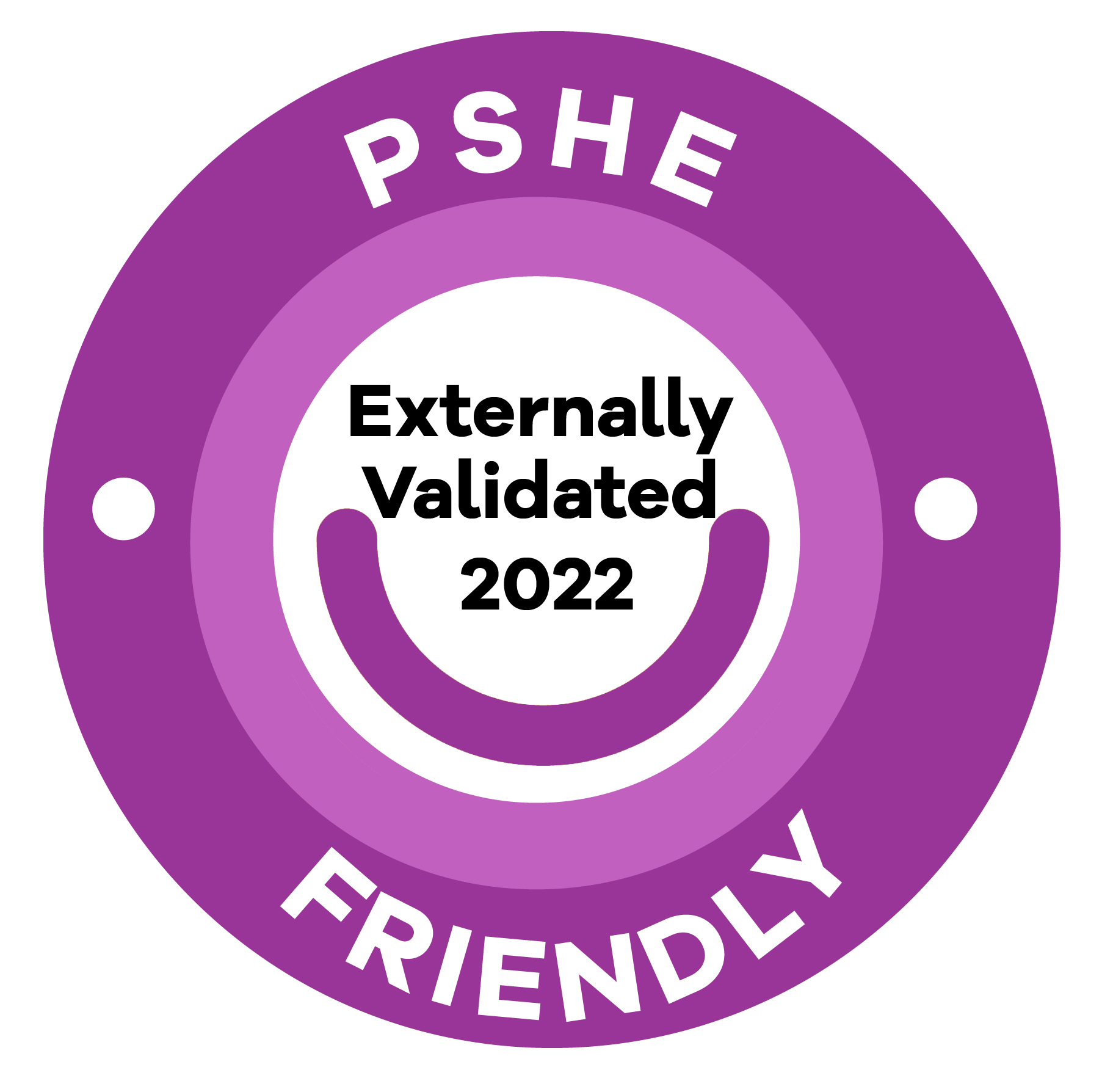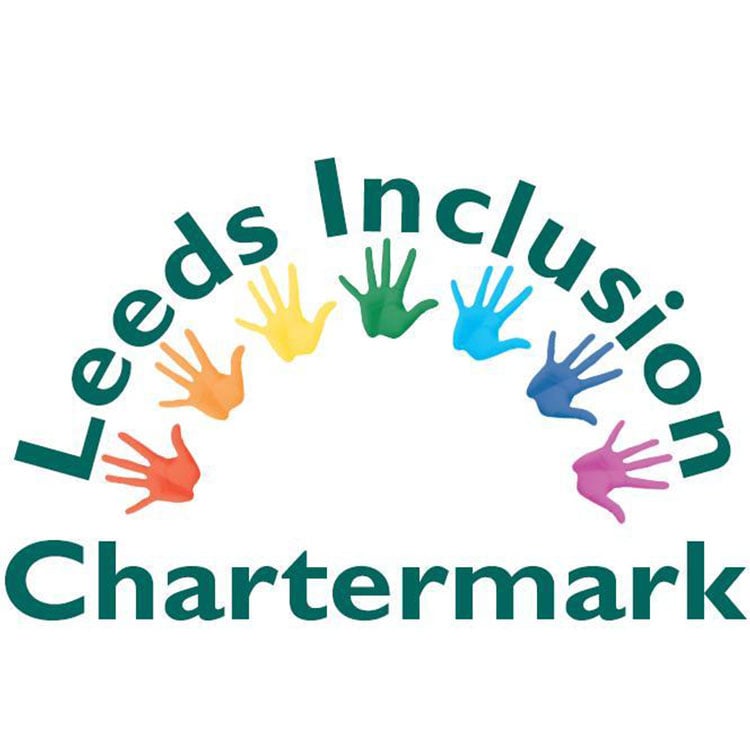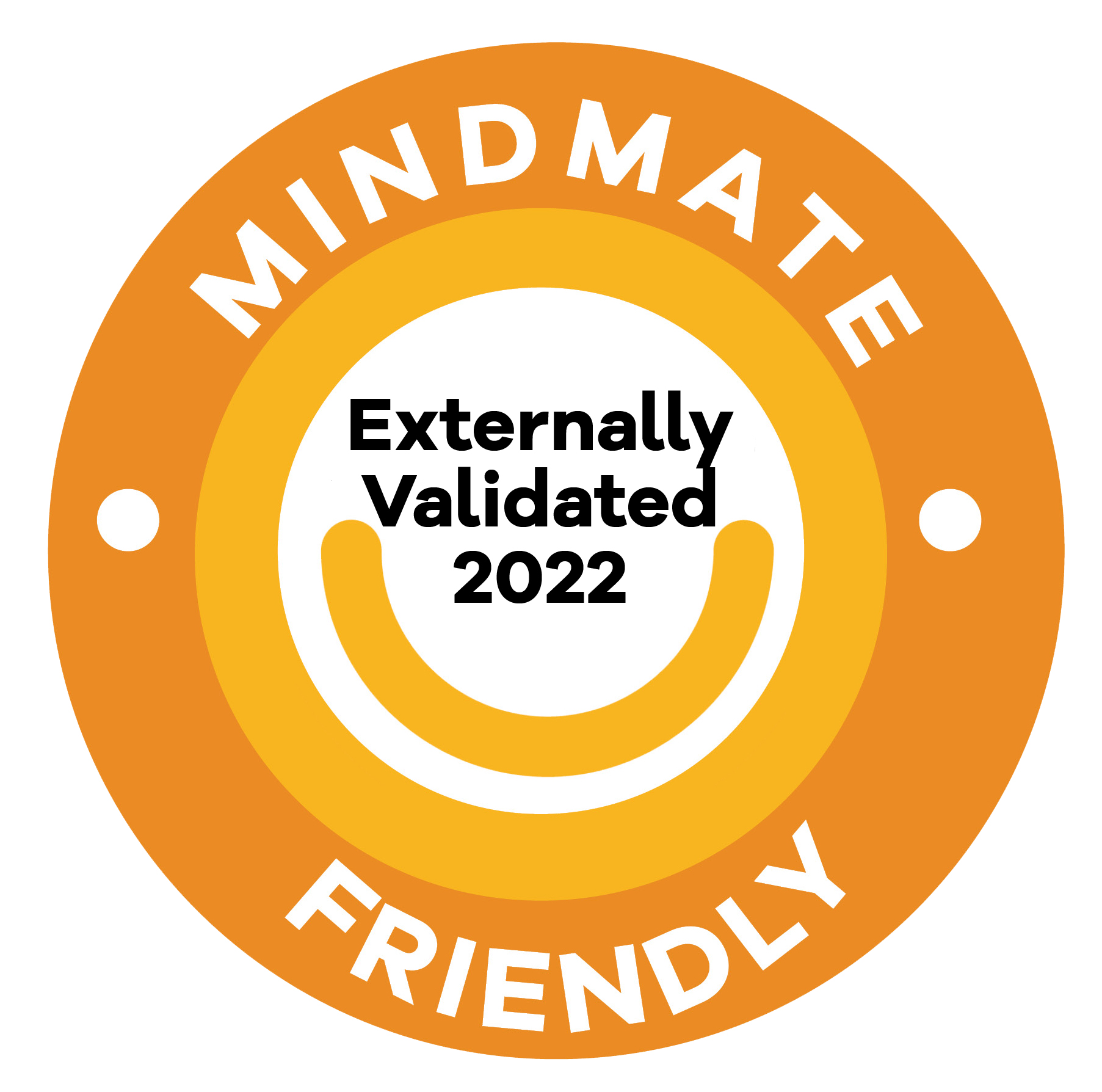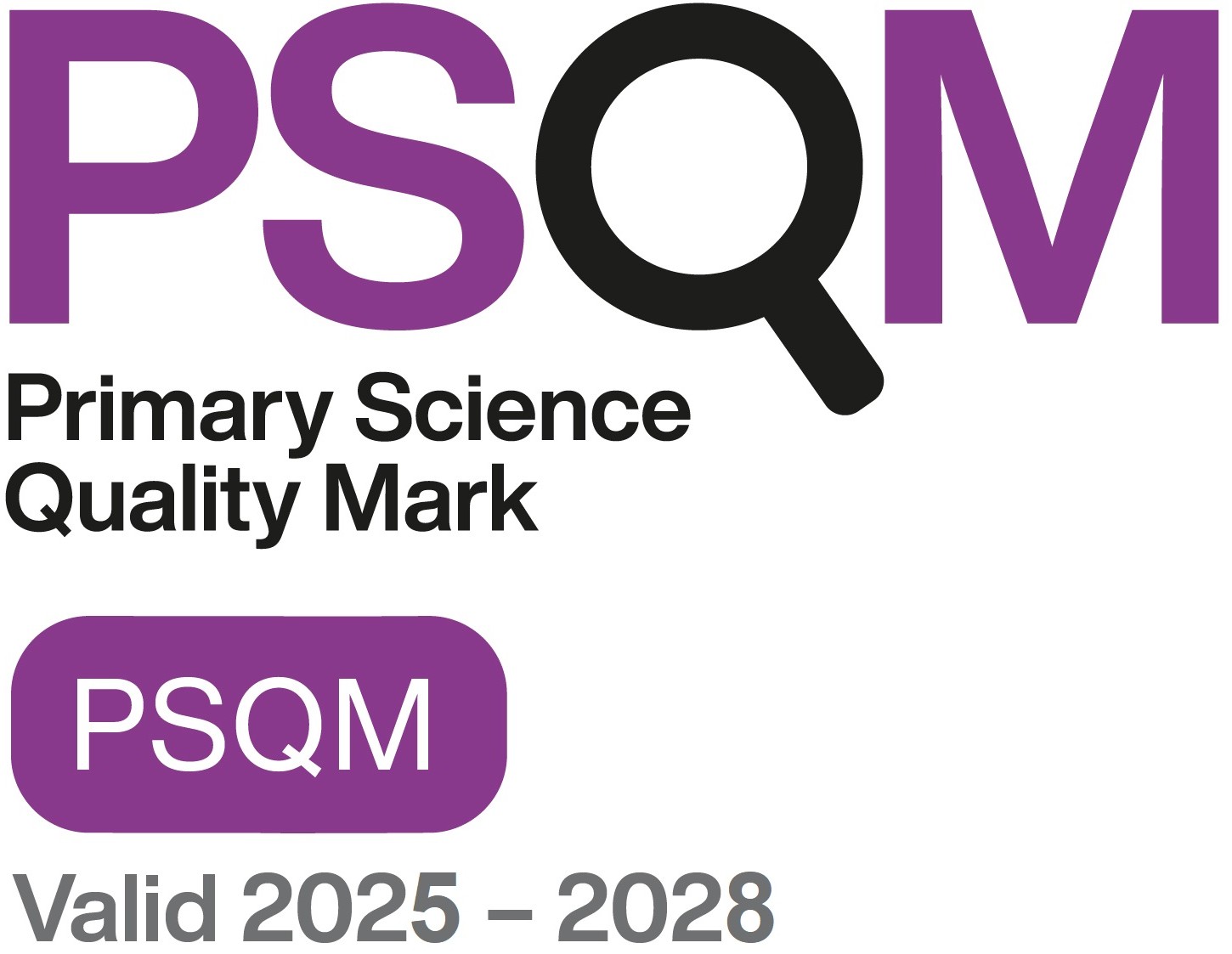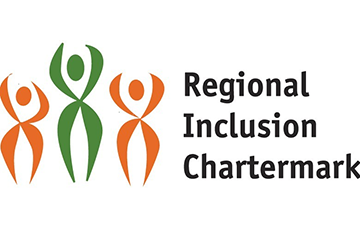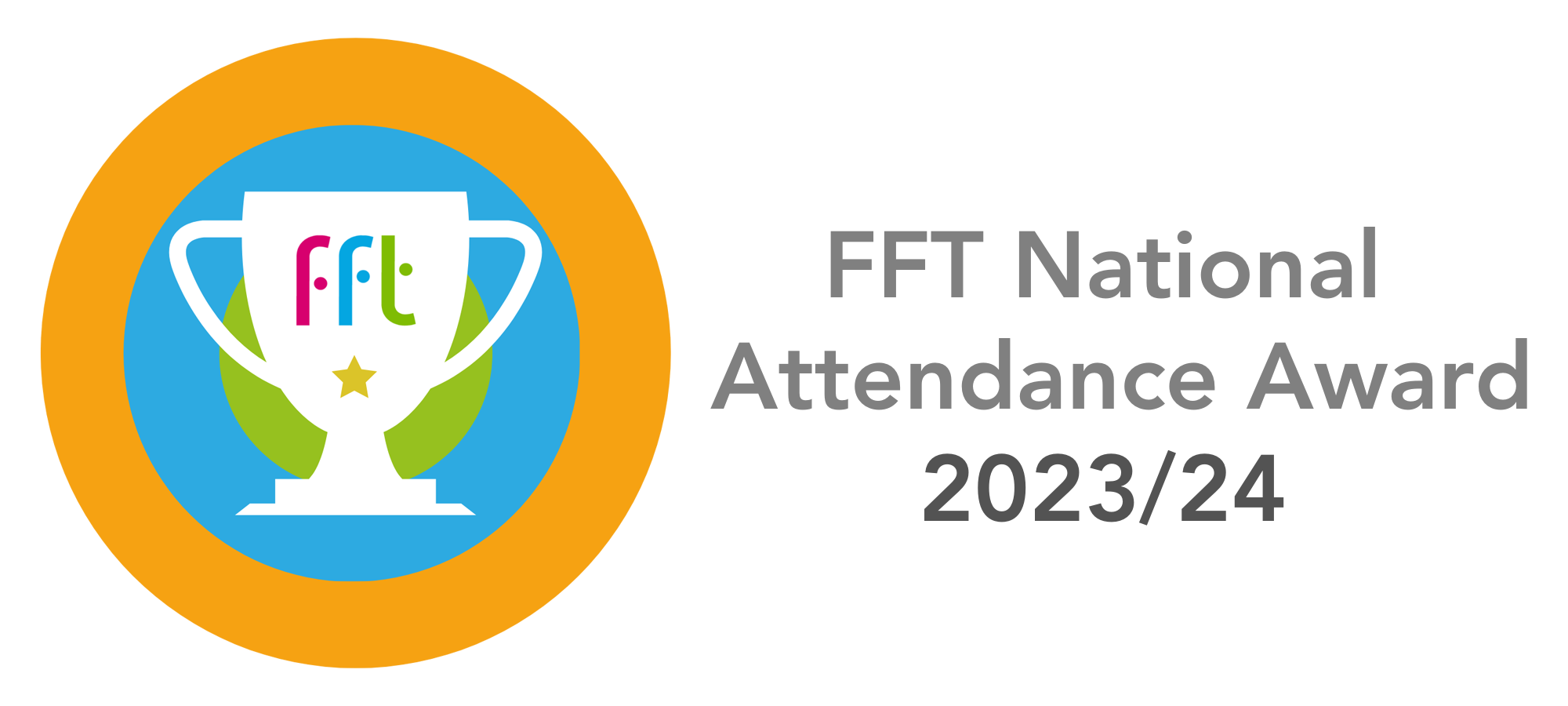At Shakespeare Primary School we teach
Little Wandle Letters and Sounds Revised Phonics
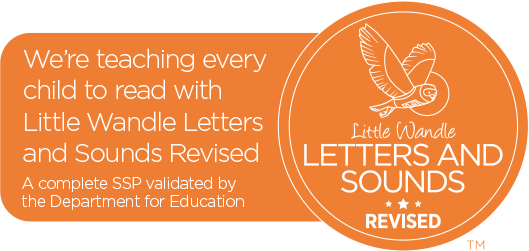
At Shakespeare Primary School, we believe that all our children can become fluent readers and writers. This is why we teach reading through Little Wandle Letters and Sounds Revised, which is a systematic and synthetic phonics programme. We start teaching phonics in Nursery/ Reception and follow the Little Wandle Letters and Sounds Revised progression, which ensures children build on their growing knowledge of the alphabetic code, mastering phonics to read and spell as they move through school.
As a result, all our children are able to tackle any unfamiliar words as they read. We also model the application of the alphabetic code through phonics in shared reading and writing, both inside and outside of the phonics lesson and across the curriculum.
Phonics lessons
Foundations for phonics in Nursery
- We provide a balance of child-led and adult-led experiences for all children that meet the curriculum expectations for ‘Communication and language’ and ‘Literacy’. These include:
- sharing high-quality stories and poems
- learning a range of nursery rhymes and action rhymes
- activities that develop focused listening and attention, including oral blending
- attention to high-quality language.
- We ensure Nursery children are well prepared to begin learning grapheme-phoneme correspondences (GPCs) and blending in Reception.
Daily phonics lessons in Reception and Year 1
- We teach phonics every day. In Reception, we build from 10-minute lessons, with additional daily oral blending games, to the full-length lesson as quickly as possible. Each Friday, we review the week’s teaching to help children become fluent readers.
- Children make a strong start in Reception: teaching begins in Week 2 of the Autumn term.
- We follow the Little Wandle Letters and Sounds Revised expectations of progress:
- Children in Reception are taught to read and spell words using Phase 2 and 3 GPCs, and words with adjacent consonants (Phase 4) with fluency and accuracy.
- Children in Year 1 review Phases 3 and 4 and are taught to read and spell words using Phase 5 GPCs with fluency and accuracy.
Daily Keep-up lessons ensure every child learns to read
- Any child who needs additional practice has daily Keep-up support, taught by a fully trained adult. Keep-up lessons match the structure of class teaching, and use the same procedures, resources and mantras, but in smaller steps with more repetition, so that every child secures their learning.
- We timetable daily phonics lessons for any child in Year 2 and above who is not fully fluent at reading or has not passed the Phonics screening check. We use the Rapid Catch-up assessments to identify the gaps in their phonic knowledge and teach to these using the Rapid Catch-up.
Mark making, letter and number formation are taught from EYFS using Little Wandle letter formation phrases. For more information about how handwriting is taught across school, please click here. Information on the teaching of spelling can also be found here.
Phase 2 sounds taught in Reception Autumn 1
The Phase 2 letters and the sounds that they make video, to support learning at home.
Phase 2 sounds taught in Reception Autumn 2
The Phase 2 letters and the sounds that they make video, to support learning at home.
Phase 3 sounds taught in Reception Spring 1
The Phase 3 digraphs and trigraphs and the sounds that they make video, to support learning at home.
How we teach blending
Children need to blend sounds in words to read. How we teach blending video, to support learning at home.
Quick guide to alien words
Alien words are used in the Phonics Screening Check at the end of Y1 to check children's ability to apply the sounds that they know into reading unfamiliar words.
